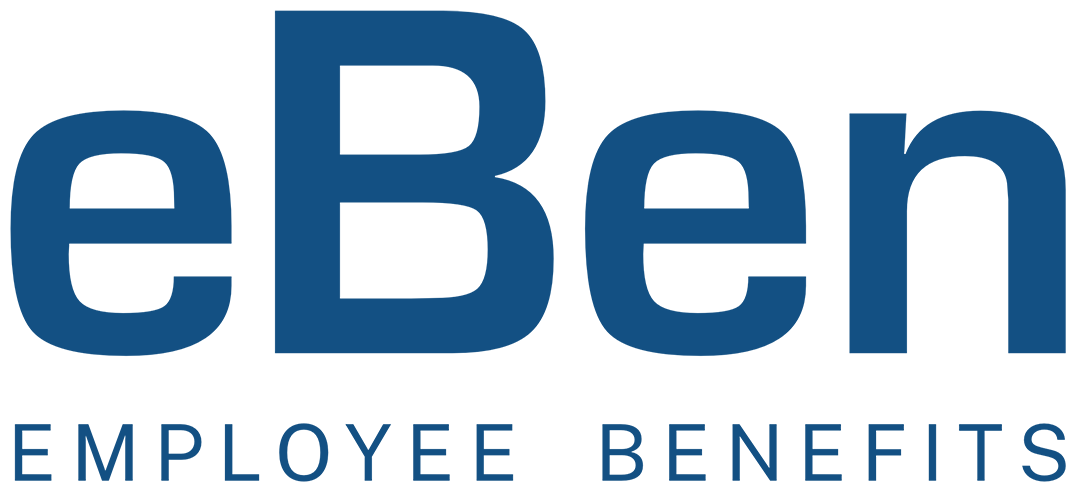Whether your company is currently growing and needs additional support, or you are seeking someone with specific experience in employee benefits, a broker may be a valuable asset for your team. When a benefits broker can cover the gap, you won’t need to dedicate someone to work on employee benefits in addition to their normal work. Here’s what you need to know about the advantages of hiring a broker.
What Does A Benefits Broker Do?
Benefits brokers construct employee benefits packages. When they construct the benefits packages, they customize them to fit the needs of the organization as well as the individual needs of each employee. They approach the process by first investigating a range of insurance companies and their available plans. Next, they select the best plan, and then adjust it to ensure it’s an ideal fit for your company.
Some brokers deal with many types of employee benefits, and some have a specific niche within which they operate. Your broker may also have other services available, like helping employees directly, fixing issues and educating workers.
The Advantages Of Using A Benefits Broker
Benefits are very important to employees. They are a critical facet of hiring the best new talent, and they help keep existing workers happy and productive. Using a benefits broker can make the task of managing that vital part of your company much easier.
More specifically, a benefits broker can help save you money by finding the best and most attractive packages while also ensuring they fit well into your budget. They can improve your employees’ quality of life by offering them excellent insurance to keep them in good health and low stress. They can offer you education, giving you knowledgeable advice and showing you the best options while also keeping you informed of potential pitfalls in the process. They may also help your employees enroll and gain confidence in their insurance.
A benefits broker can help you make sure your plan is in line with any requirements surrounding insurance. Finally, they can alleviate your workload by taking care of many time-consuming tasks you would have otherwise had to do yourself, like reviewing and negotiating contracts and shopping for insurance providers.
Questions To Ask A Benefits Broker
Key Questions:
- Does the broker have in-house compliance resources to help employers deal with the litany of compliance issues?
- Does it have in-house data and underwriting consultants?
- Does it use any data warehouse tools to help isolate drivers of cost for use in strategic planning?
- Does it have in-house communication consultants to assist with employee engagement and education?
- Does it have experience in helping vet and select a benefits automation provider?
- Does it have in-house wellness consultants who can help design wellness plans?
- What experience does it have in key areas like self-funding, pharmacy benefit management and reference-based pricing?
- Who is on the team that will work on the account? What resources does the team use, and how many other accounts does it handle?
Identify Conflicted Interests:
- What commissions and bonuses do you receive from carriers, in total?
- Is more than half your compensation coming from one carrier?
- How do you shop the market and find the best offer available?
Ensure A Strong User Focus:
- Is there an in-house advocacy center to help employees who have escalated benefit or claim issues?
- Is there a member engagement portal for participants to easily access information about their benefits plans?
- Does the broker offer any wellness advisory services to help promote healthier behaviors?
- Does it have access to or partner with a clinical advocacy program to help participants with chronic or catastrophic conditions?
Budgeting For A Benefits Broker
There are two main ways you might pay a benefits broker. Both of them require approximately the same amount of payment, but might change how you set aside the money.
The most common way a benefits broker will be paid is through a commission from the insurance company. The other way to pay your broker is through a fixed fee. This will be around the same price as the commission method, but it will occur separately, not integrated into an existing budget.
How To Pick The Right Broker For You
To find the best broker, you will need to do some research. The goal is to hire someone who is knowledgeable about their field and who understands your business. You also need someone who cares and whom you can trust.
It’s important to know what you need when searching for a broker. Brokers often have a few specialties, so make sure to choose one whose niche aligns with your needs. It’s best to give yourself plenty of time to choose a broker so that you can pick one who is reliable and a natural fit for your company.
After you choose them, the broker will also need time to do their job, so be sure to hire them well before the date your insurance needs to be renewed. You will also need to choose how you would like to pay your broker—either a commission or a flat fee. As with an employee or any other big decision, ask around to your contacts in similar positions for recommendations, screening several different brokers with a wide and consistent set of questions.
Some of the questions you may want to ask potential brokers include: whether they are local or part of a national organization, their experience, whether they work alone or are part of a team, what specifically they can do for your business, and how they prefer to be paid. You may also want to understand how they will help you cooperate with national organizations like the Affordable Care Act and HIPAA.
Trust The Consultants To Help You Manage Your Benefits
Navigating employment benefits is a complex process, but it is not one that you must tackle on your own. The consultants at eBen are happy to help you secure the perfect benefits broker to help your business succeed. Reach out to learn more or to schedule an appointment.


